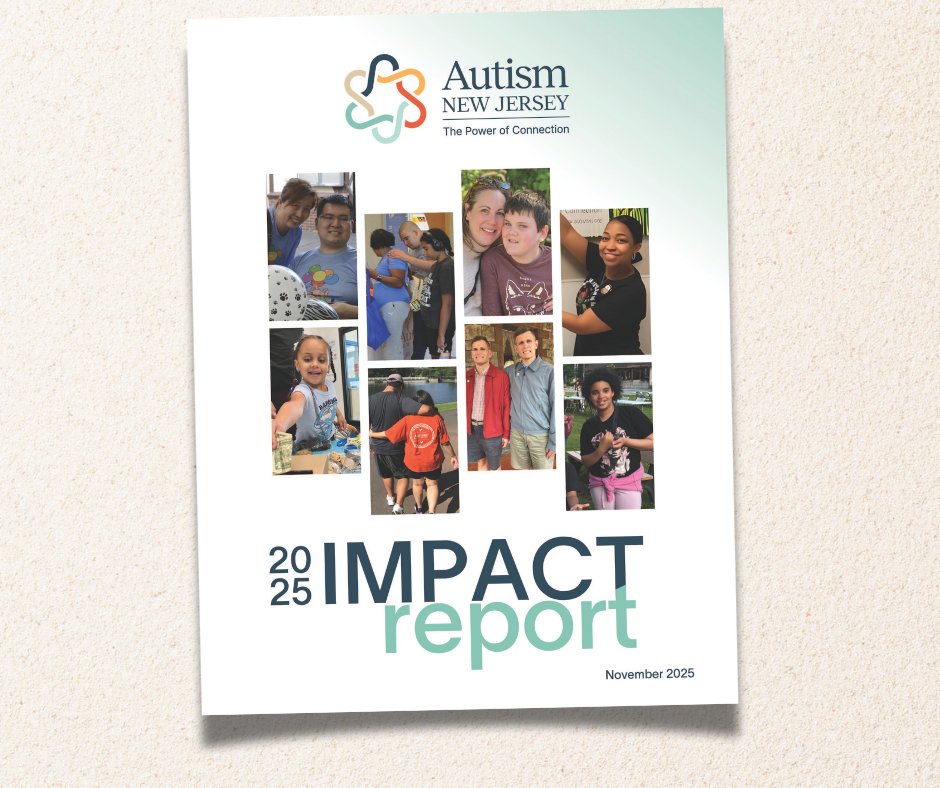
Health Insurance and Autism Series. | ||
At times, providers and parents of children with autism spectrum disorder face significant delays in the payment of their claims for therapy services mandated by state law. New Jersey law provides families and providers with protection in these circumstances, as long as the insurance plan is regulated by the state of New Jersey.
Prompt Pay for “Clean Claims”
The New Jersey Prompt Pay law requires payors to promptly pay “clean claims.” A “clean claim” is a claim: (a) for a covered service provided to a covered insured; (b) containing all correct information needed by the payor to process the claim; (c) that does not require special treatment; and (d) the payor does not reasonably believe was submitted fraudulently.
In addition, payors must make available to providers and participants its required list of “the type of information and documentation that must be submitted with a claim, including a standard claim form and any other claim submission requirements.”
Allowable Time Frames
Once a clean claim is submitted, New Jersey law requires payors to pay pursuant to the following time frames:
- If submitted electronically, 30 calendar days following receipt of the claim.
- If submitted by any means other than electronic (e.g., by mail), 40 calendar days following the reciept of the claim.
The same time frames apply once missing information is requested and is provided to a payor. Payors are also required to pay the uncontested portion of a claim while waiting for documentation or disputing the remainder of a claim. Payments are considered made as of:
- The date the check was placed in the mail in a properly addressed, postpaid envelope;
- If not mailed, on the date of delivery of a draft or other valid instrument equivalent to payment.
Although pending a claim does not constitute a dispute or denial, under the regulations, payors shall, within 30 to 40 calendar days of receipt of the claim (depending on how they are submitted), notify both the covered person and provider of the basis for its decision to deny or dispute and include in the notice:
- The identification and explanation of all reasons for the denial or dispute;
- If a claim is denied because it cannot be entered into the claims system, then all reasons why it cannot be entered.
Additional Provider Protections
Providers submitting claims electronically are further protected by New Jersey law. For instance:
- If all or a portion of such claim cannot be adjudicated because required data is missing, the payor is required to electronically notify the provider within 7 days and request, with specificity, any information required.
- Payors must acknowledge receipt of an electronic claim from a provider no later than 2 working days from claim receipt.
If a payor denies or disputes a claim in whole or in part and fails to provide the notice within the time frames and in the manner required, the claim is deemed overdue and the payor is required to pay 12% interest per year, accruing after the 30 or 40-day time period for payment expires (depending on electronic or mail submission).
Plan documents and provider contracts contain relevant provisions setting forth payor obligations to pay claims timely. Pursuant to the plan documents and the law, participants and providers can appeal and/or submit complaints to payors related late claims payments. If the plan is subject to New Jersey law, participants and providers can also file a complaint with the New Jersey Department of Banking and Insurance (DOBI), requesting investigation and action and identifying statutory and regulatory violations. Information on the prompt pay rule and how to file a complaint with the state is on the DOBI website.
The Take Away:
Step 1:
Confirm that the insurance plan is regulated by New Jersey state law by: (a) contacting the insurer; (b) reviewing the plan documents for external appeal rights to DOBI; and (c) reviewing the insurance card, which should state if it is a self-funded or self-insured plan, if issued by a company or business located in New Jersey.
Step 2:
If the plan is regulated by New Jersey law:
- Submit clean claims according to the payor’s guidelines and maintain copies of all documents submitted;
- Keep track of when claims are submitted – save electronic confirmations, return receipts, and fax confirmations;
- Document the date when the claims payment is due: 30 days (electronic) or 40 days (mail);
- Once the deadline for payment passes, write the payor demanding payment and interest, citing to the relevant law;
- If the payor argues that it has another 30 to 40 days to pay the claims where its mistake caused the delay, assert that the prompt pay laws require expedited payment and interest;
- If after 2-4 weeks, the payor still fails to pay, consider sending a lawyer’s letter, then submit an appeal and/or complaint letter to the insurer referencing the payor’s obligation to promptly pay claims under New Jersey law, the plan or the provider contract. Include the claims, related EOBs, documents confirming receipt of the claim and attempts to clear up the issue, and clearly articulate the timeline and violations;
- Consider filing a written complaint with DOBI requesting an investigation and enforcement action, attaching relevant documents;
- If the delay involves medical necessity or utilization review issues, once appeals are exhausted, consider litigation or external review through DOBI’s Independent Health Care Appeals Program.
- Network providers should comply with their contract’s dispute requirements and if not limited to arbitration:
- If the delay involves questions of medical necessity/utilization review, upon exhaustion of internal appeals, consider litigation or external appeal;
- If the delay involves issues other than medical necessity, consider litigation or arbitration through the New Jersey Program for Independent Claims Payment, a DOBI administered program available to providers to timely adjudicate these issues without the expense of litigation.
About the Author
Jodi Bouer’s practice focuses on representing providers and individuals with disabilities in their disputes with insurance carriers. Ms. Bouer has a wealth of experience in the field of insurance coverage law. For over 12 years, she worked as an insurance litigator for some of the major law firms in New Jersey and then as in-house coverage counsel for the CNA group of insurers. She has also taught Insurance Law at Seton Hall Law School. She is managing partner of Bouer Law LLC and concentrates on representing policyholders, providers, and insurance professionals in pursuit of health insurance coverage for persons with disabilities.










